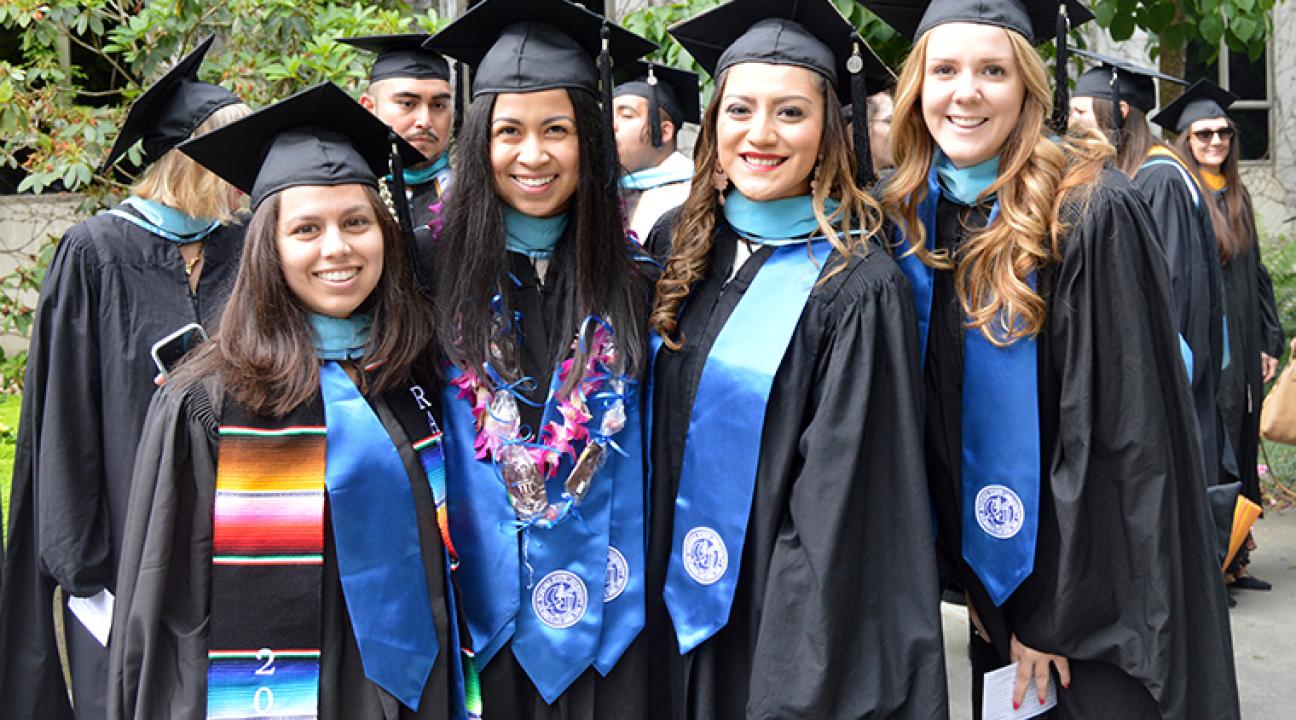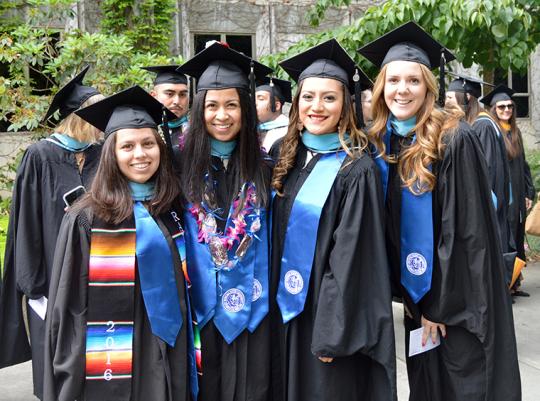Counseling Master's Degree
SSU Ranked No. 1 for Value of Counseling Master's Degree
Sonoma State University is ranked No. 1 on the list of top value counseling Master's degrees in California, published in October by TopCounselingSchools.org. Both the Clinical Mental Health Counseling and School Counseling programs were praised for their "commitment to self exploration and personal growth."
Both programs have small cohorts designed for just that purpose, says Counseling Department Chair Adam Zagelbaum. "Personal growth and professional growth are closely related in this program," he says.
Zagelbaum is also coordinator of the School Counseling Master's program, which sees small cohorts of 11-15 students.
"Small cohorts allow for incredibly individualized training," says Clinical Mental Health Master's Program Coordinator Julie Shulman. Cohorts in her program are also small, running approximately 20 students. The Clinical Mental Health Program provides the educational requirements necessary for students to pursue MFT and/or PCC licensure, a rarity among counseling Master's degree programs in California.
Students graduating from the School Counseling program are eligible for a Pupil and Personnel Service (PPS) credential, which is recognized by the state.
Another unique facet of Sonoma State's programs is that students begin practicing therapy in their second semester, earlier than most programs. "There is much that is taught through lecture, but much has to be learned by doing," says Shulman. "Students in our program receive a great deal of individualized feedback throughout their training, so by the time they graduate their skills are more refined."
Sonoma State's community partnerships play a big role in the program, says Zagelbaum. In addition to partnerships with K-12 schools in the North Bay, connections with nonprofits like Social Advocates for Youth, the Child Parent Institute, Memorial Hospice, Lomi Psychotherapy Clinic and many others give students real-world experience and internship hours.
Connections like those also help students find jobs after graduation. "Out of the alumni we have spoken to in the past couple years, we were not aware of any who hadn't been able to find a job in the counseling, mental health or education fields," says Zagelbaum.
The impartial rankings were compiled using the Council for Accreditation of Counseling and Related Educational Programs (CACREP) certification requirements, including program completion rate, job placement rate, and licensing exam pass rate. Program data on accreditation length, research productivity, and tuition and fees were also factored into the rankings.



